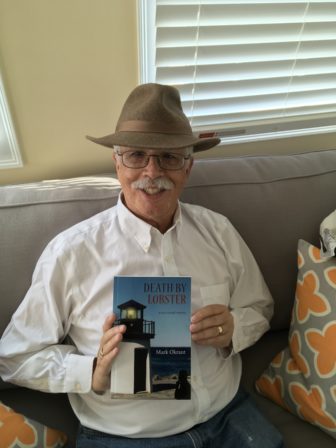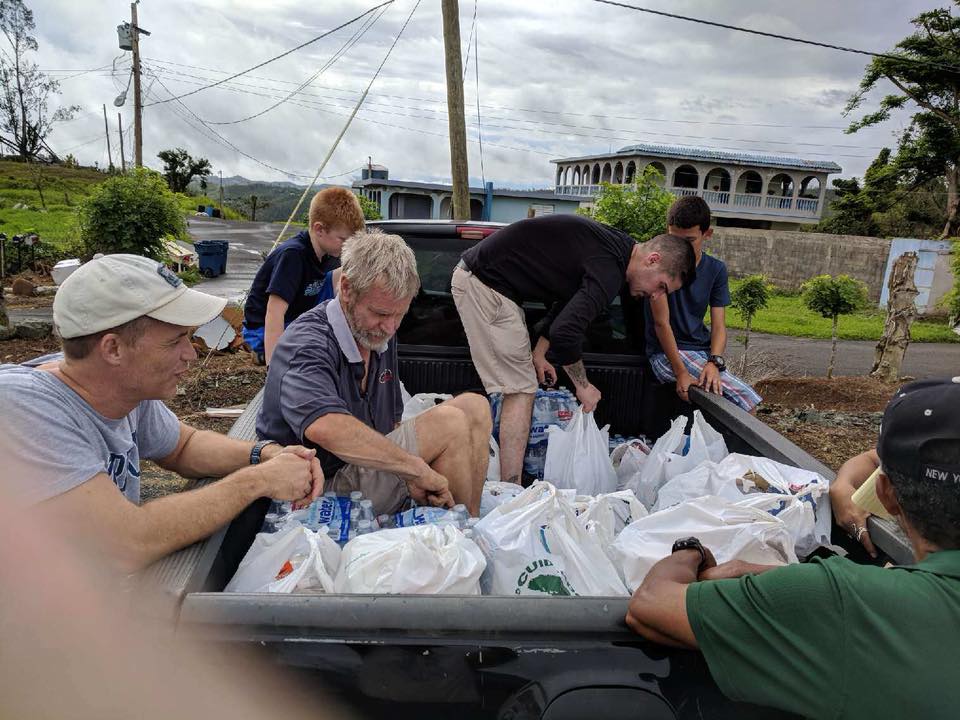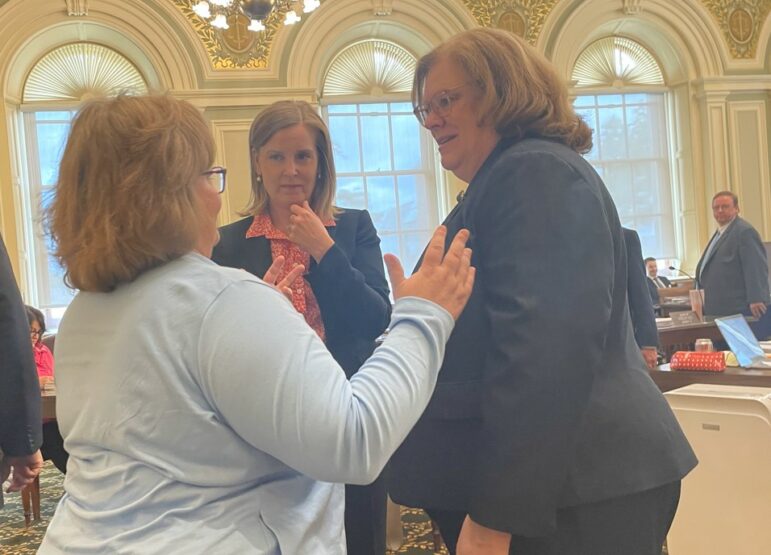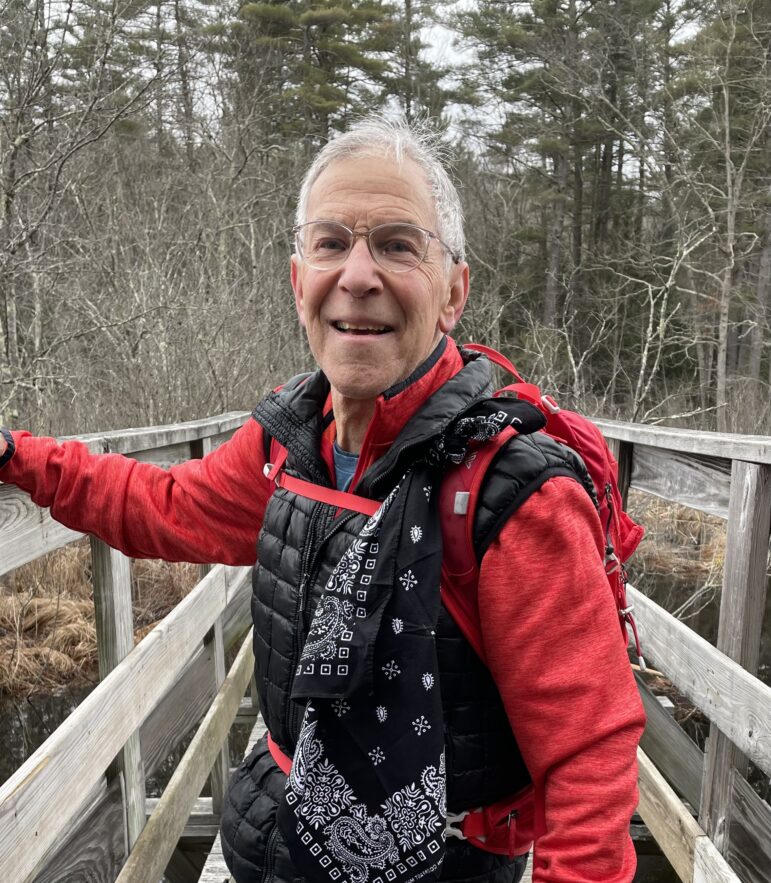By Mark Okrant, NH Travel Guru
Within the advanced nations of the world, many young people are rejecting mass tourism. Among Millennials, the demand for authenticity and meaningful forms of travel has led to a surge in short-term volunteer opportunities —a desire to “give something back” (Jenny Morgan, Overseas Development Institute). This “volunteer tourism” is an alternative to the consumption-based, at times destructive, impact of mass tourism.

Mark Okrant, the NH Travel Guru
One might posit that young people are simply following the lead of prior generations: Sean Penn in Haiti, Sandra Bullock in Houston, and Jennifer López in Puerto Rico. Closer to home, Common Man owner Alex Ray and Dr. Patrick Casey are two of numerous outstanding Granite Staters who have stepped into the breach by offering assistance following natural disasters.
Find out more about Ray’s recent volunteer work in Puerto Rico by clicking here or on FaceBook here.
Why are many young people forgoing their leisure and expending financial resources to travel to remote parts of Latin America, Africa, or Asia? For some, the motivation is as unselfish as a desire to help others less fortunate than themselves. Others are merely seeking out-of-the-ordinary travel experiences, or to go through personal development.
Stanley Plog, the controversial tourism psychologist, described such travelers as Allocentrics—people who center their attention and actions on the lives of others, rather than themselves. Plog identified Allocentrics as self-confident and adventurous by nature.
There is a supply chain at work that supports the 20 to 35 year olds who wish to engage in volunteer tourism: 1) sending organizations work with NGOs, charities, and community representatives as recruiters; 2) the volunteers themselves; 3) partner organizations that facilitate the process; and, of course, 4) the host organizations and communities which provide the necessary projects and accommodations.
The vast majority of students’ volunteer experiences last from 1 to 2 weeks, the length of an alternative spring break or school holiday. Some of the participants receive college credit for their work; for others, it serves as an alternative experience to spending a week of sun and fun on a sandy shore. Projects range from education and training, to construction or farming, to child care.
The core concept of these volunteer experiences is sustainable tourism, wherein students learn to function in harmony with the local environment, culture, and economy, toward the goal of benefitting future generations within remote, rural, often impoverished areas.
The best volunteer tourism encounters provide a life-changing experience for the student participants. However, to function well necessitates that a good deal of prior preparation take place, on the part of sending organizations, volunteers, and host organizations alike. When this occurs, the results are beneficial for everyone. Students experience cultural immersion and an increased sense of global awareness and social responsibility. The receiving areas benefit from a source of manpower as well as improved facilities. Morgan reminds us of a further benefit: students return home as vocal groups of advocates and as fund-raisers for the host community/country.
Not all programs function optimally, however. The first step is ensuring the volunteers’ safety and the locals’ readiness to host a cadre of young volunteers. Morgan tells us that programs must educate and continually remind volunteers that it is the host community—not the volunteers themselves—that is the significant figure in these experiences. Volunteers must act as assets, not a drain on resources.
Participants who perform well in these programs deserve proper recognition for placing the welfare of disadvantaged strangers ahead of themselves. Let us hope that volunteer tourism proves to be the latest step in what Louis D’Amore has termed “peace through tourism.”

Mark Okrant, NH Travel Guru is pictured with his latest book.
After forty years as an educator, researcher, and consultant, Mark Okrant joined IndepthNH.org to offer concise, informative insight into New Hampshire’s travel and tourism industry as a business, while showcasing the people and places you want to know. This guy’s really been around. And, he’s funny, too.
For more about Mark’s compelling tourism-based murder mystery series, visit www.markokrant.com.
For information on current things to do in New Hampshire, go to:
http://www.visitnh.gov/what-to-do/event-calendar.aspx





